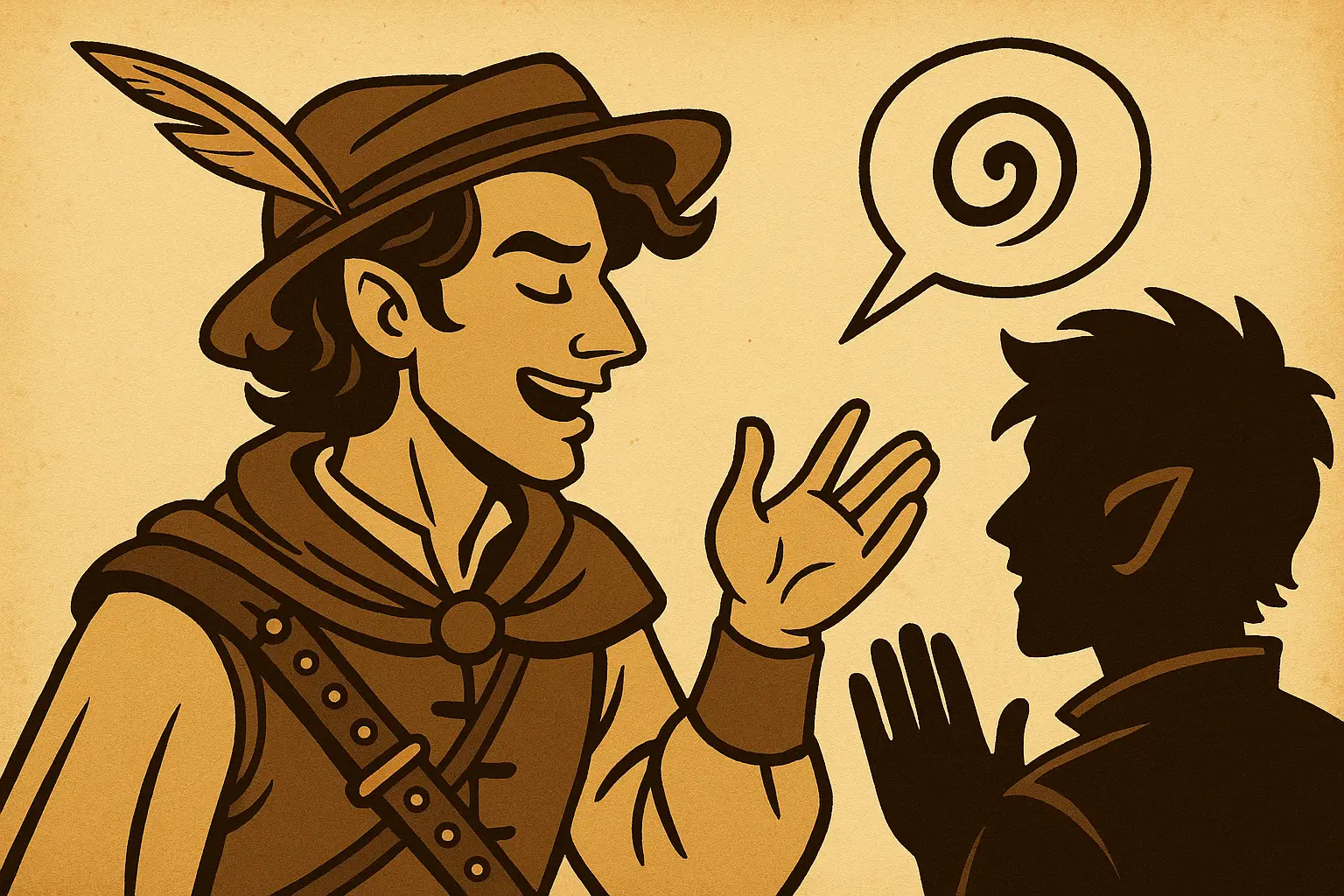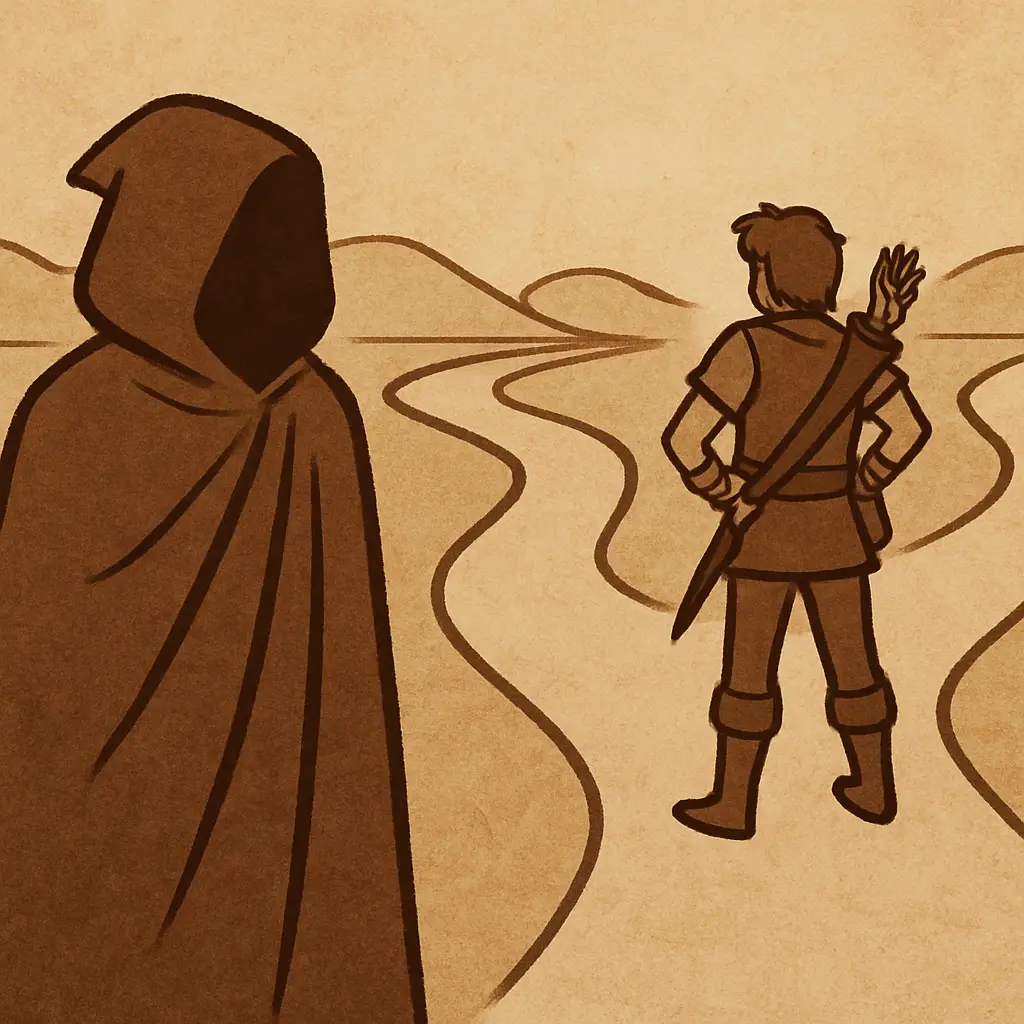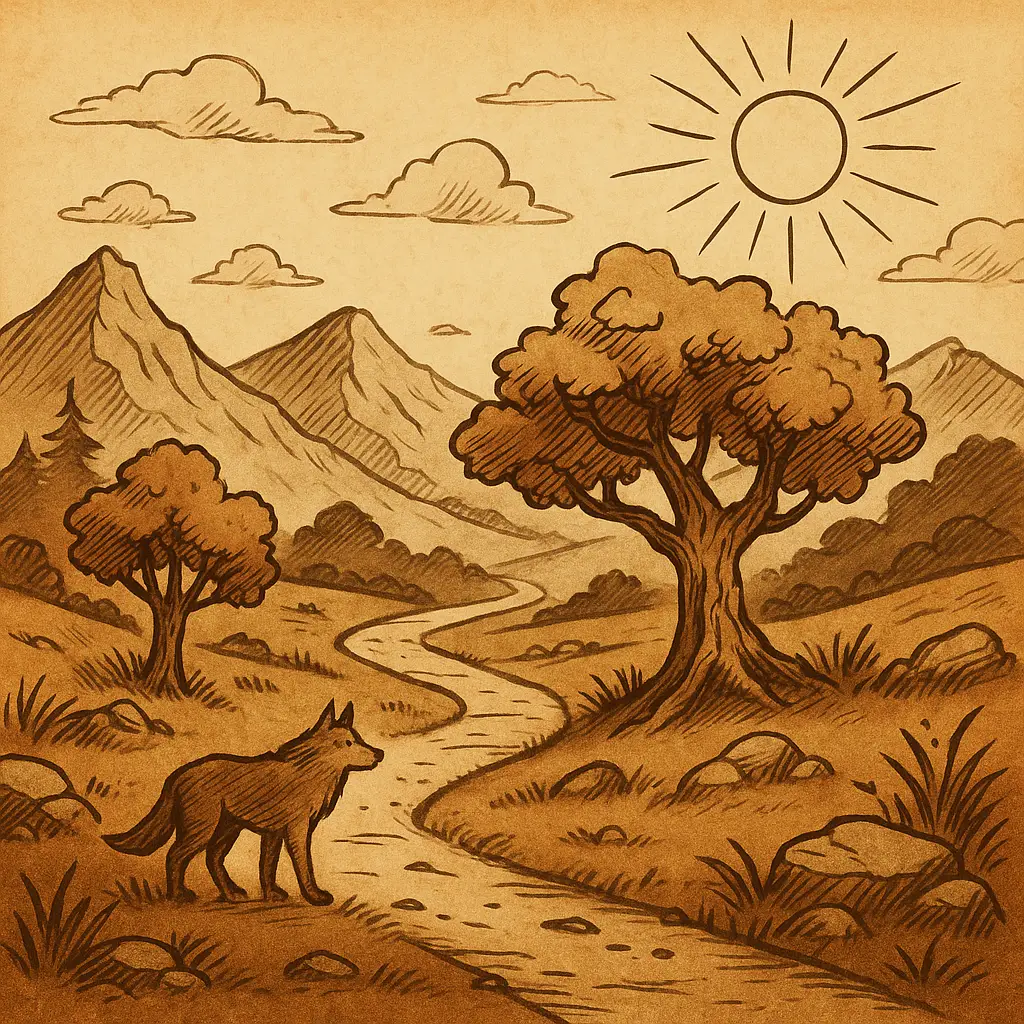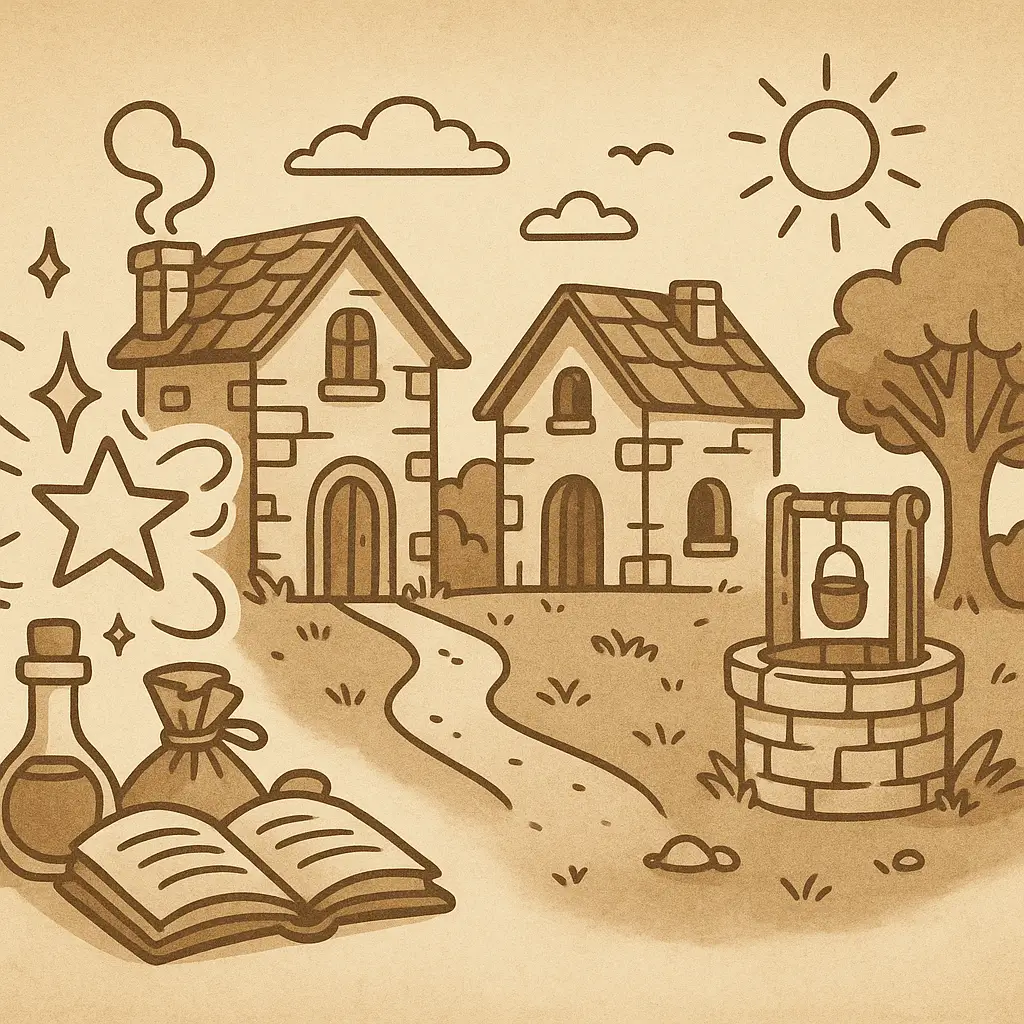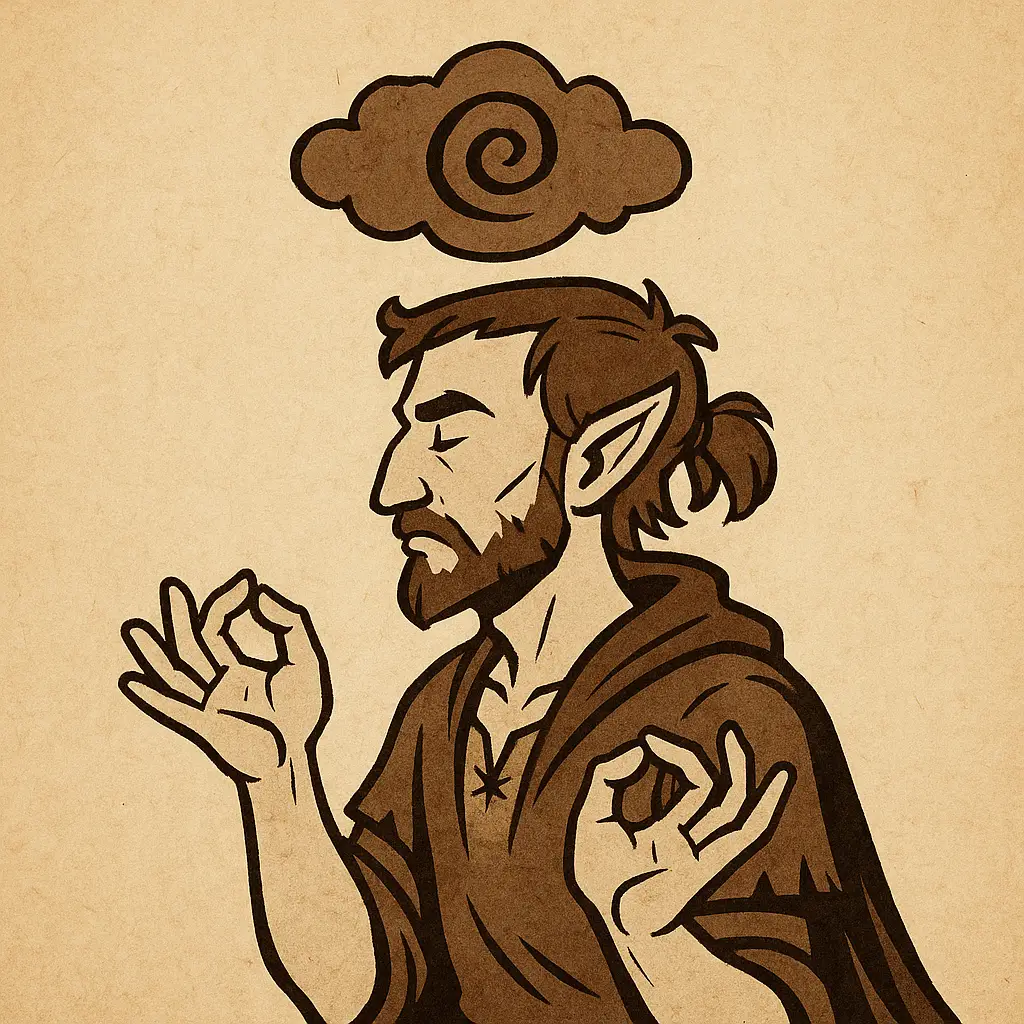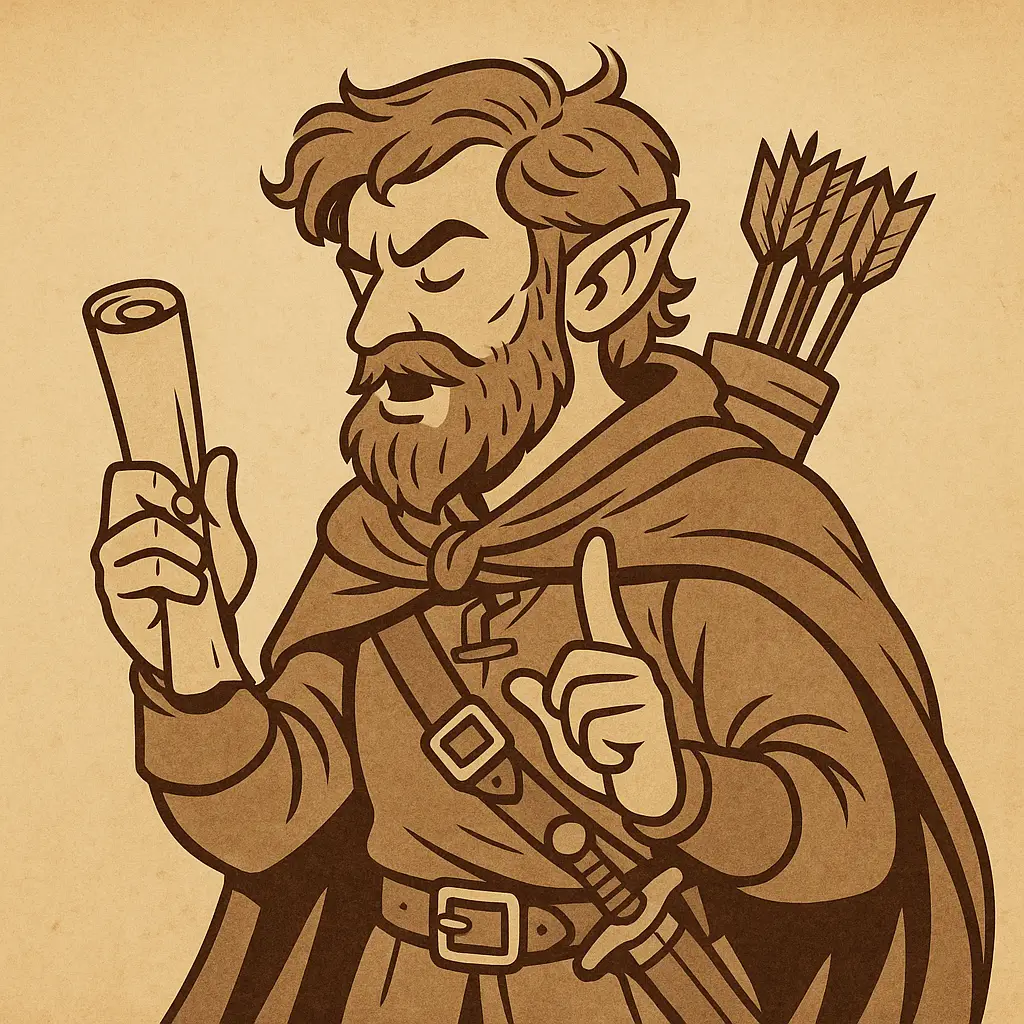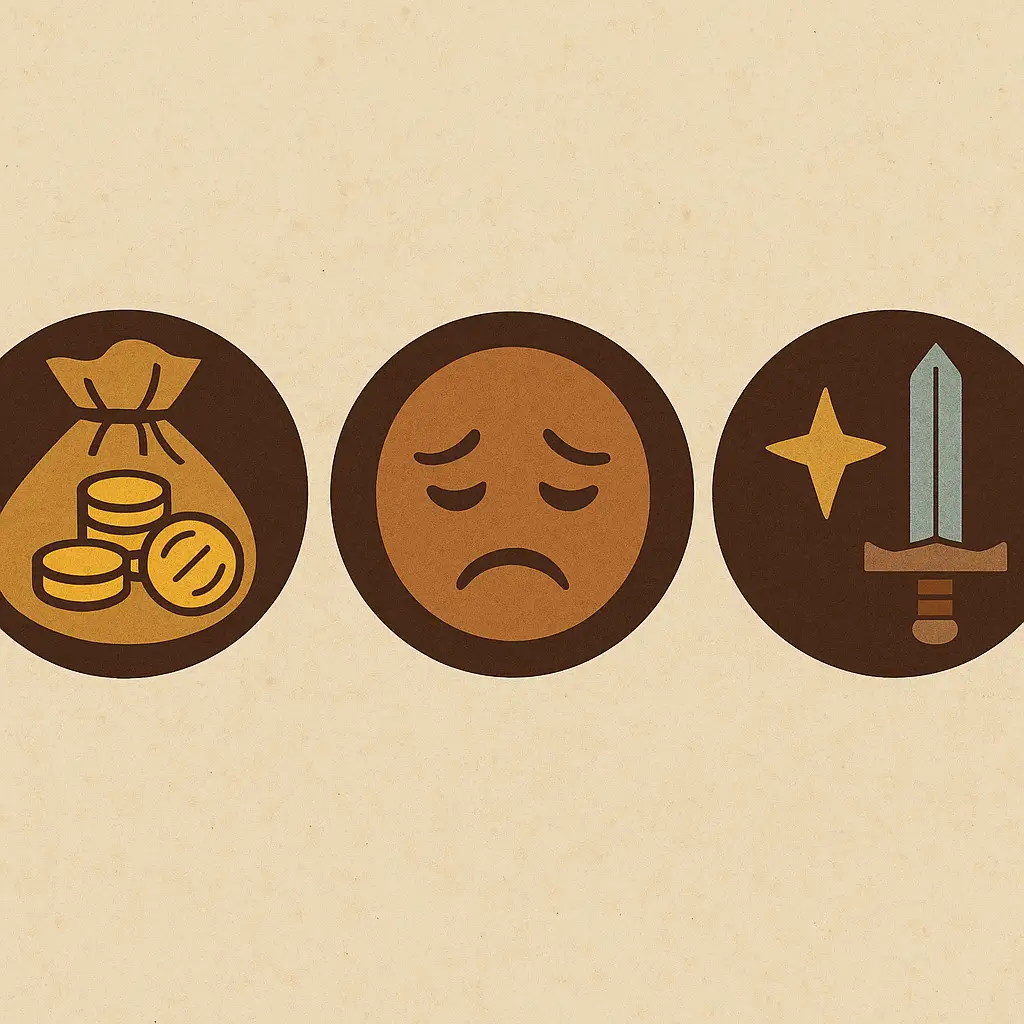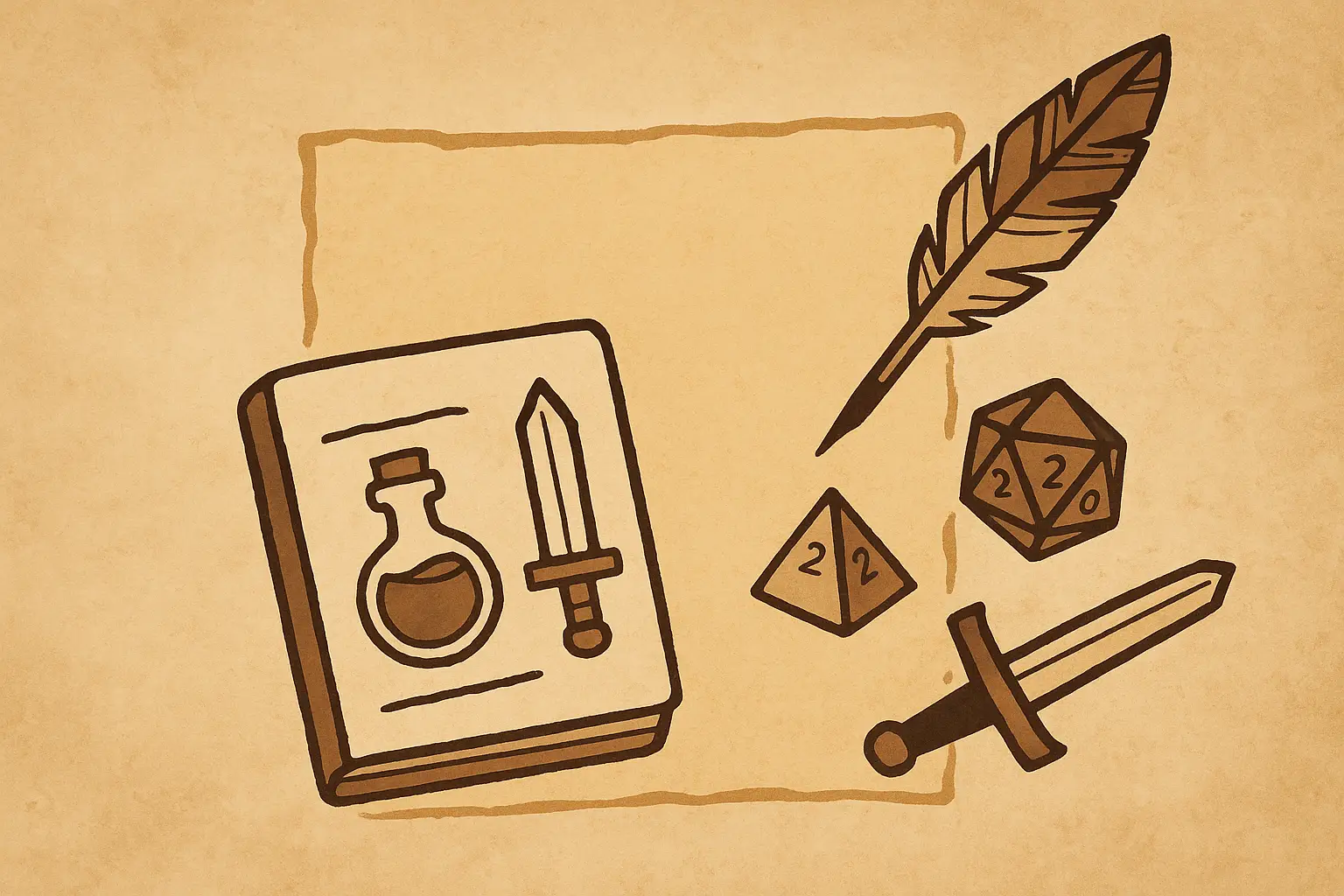How to differentiate and bring characters to life—no dialect required Let’s face it: not everyone can pull off a flawless dwarvish brogue or a silky elven lilt. And you don’t need to. Because great roleplay doesn’t require accents. It requires attitude—a combination of word choice, tone, rhythm, and posture that makes every character feel distinct, even if they all technically sound like you. Today on RPGInquisitor, we’re giving players and GMs the tools to confidently roleplay diverse, believable, and entertaining characters, all without needing to rehearse your Scottish pirate goblin voice. Let’s dive in. 🎲 First: Why Skip Accents? Accents […]
Category: Training
The Illusion of Choice: When It’s Okay to Steer the Narrative (And How to Hide It)
A behind-the-screen look at narrative sleight-of-hand and maintaining player agency “Do you go left… or right?” The party debates for ten minutes. One wants to check the ruins. Another insists on the bridge. Someone flips a coin. You, the GM, smile. It doesn’t matter. Because both lead to the same ambush. And the players will never know. Welcome to the delicate art of illusion of choice—the GM technique of guiding the story without sacrificing player agency. Is it deceptive? A little. Is it necessary? Sometimes. Is it powerful? Absolutely. Today on RPGInquisitor, we explore why illusion of choice exists, when […]
The Best Party Conflicts Are the Ones You Can Roleplay Through
How to design and manage character tensions that deepen story without derailing the game Not every party is made of best friends. Sometimes, the paladin wants justice. The rogue wants coin.Sometimes, the bard won’t shut up, and the warlock won’t explain what’s in the bag.Sometimes, the party is one missed long rest away from exploding—and that’s okay. Because when handled well, in-character conflict can be the most memorable, meaningful, and story-driving force in your campaign. The key? It has to be conflict you can roleplay through—not fight about, stall over, or drag into real life. Today on RPGInquisitor, we’re digging […]
How to Build Travel Encounters That Aren’t Just Random Wolves Again
Smart techniques for making wilderness and road travel interesting, meaningful, and full of surprises We’ve all been there. The party sets out on a multi-day journey. The GM rolls behind the screen. Then it happens: “Roll initiative. It’s wolves.” Again. Now, no disrespect to wolves. They’re noble predators and a great level 2 hazard. But by the fifth or sixth time your players get ambushed on a forest trail, they start asking, “Can’t we just skip travel?” That’s a missed opportunity. Because travel—when done well—isn’t filler. It’s texture, tension, and character development. It’s where stories can shift subtly or catastrophically. […]
Making Magic Mundane: How to Portray a World Where Spells Are Normal
A worldbuilding deep dive into societies where magic is less mysterious and more mechanical In most fantasy settings, magic is wondrous. It’s the spark behind legends, the force feared by kings, the whispered art of secluded sorcerers. But what if it weren’t? What if spells were not rare or revered—but routine? What if magic were not the domain of mysterious sages—but taught in schools, used in shops, and regulated by bureaucrats? Welcome to a world where magic is mundane—and the results are anything but boring. Today on RPGInquisitor, we’re diving deep into how to worldbuild a society where magic is […]
Mental Health and TTRPGs: Using Games for Therapeutic Storytelling
How roleplaying games offer more than adventure—they offer healing, growth, and connection When people hear “tabletop RPG,” they often picture dice, maps, goblins, and spreadsheets. What they don’t always see is the shy player learning to speak up, the burned-out adult processing grief through a cleric, or the isolated teen discovering a safe place to be themselves at the table. But those moments happen—quietly, powerfully, and often. TTRPGs aren’t just about leveling up. They’re about expressing identity, navigating emotion, and processing personal experiences through collaborative storytelling. Today on RPGInquisitor, we’re exploring the connection between mental health and roleplaying games—why these […]
Role-Playing Tips: Staying In-Character During Sessions
How to immerse yourself, elevate the story, and make your character unforgettable We all know the moment:You’re in a tense scene. The villain is monologuing. The torches flicker. Your party’s rogue is negotiating with a crime lord in the backroom of a smoky tavern. And then—Someone says, “Wait, did we level up?”Someone else adds, “Hang on, I need to go microwave something.”The magic breaks. Staying in-character isn’t just about talking in a funny voice or wearing a cloak. It’s about commitment. It’s about inhabiting a fictional person—their thoughts, their fears, their flaws—and bringing that energy to the table session after […]
Why Rolling a Nat 1 Should Be the Start of the Fun, Not the End of the Scene
How critical failures can spark storytelling gold There’s a certain silence that falls over the table when it happens. The dice clatter, the tension rises—and there it is.A big, fat 1. Your rogue was mid-backflip through a stained-glass window.Your bard was trying to sweet-talk the duke’s daughter.Your barbarian just tried to climb a horse. And now? Disaster. The natural instinct is to groan, curse your luck, and assume the scene is dead—because obviously, you’ve failed. But here’s the secret the best tables know:Nat 1s aren’t just setbacks. They’re opportunities. In fact, some of the most iconic, hilarious, and story-rich moments […]
Gold, Guilt, or Glory: What Is Your Party Actually Motivated By?
Helping players and GMs align character goals with campaign design for richer narratives Your party slays a necromancer. A grateful town offers gold, a letter of recommendation from a duchess, and a hint about the villain’s childhood trauma. Which reward do they care about? That answer tells you everything. Because while D&D (and most TTRPGs) technically revolve around leveling up, what really drives the story is what drives the characters. Are they doing it for the money?For redemption?For fame?For revenge?For the snacks? Today on RPGInquisitor, we explore how to identify and leverage your party’s real motivations—so you can design a […]
Magic Systems in TTRPGs: Designing Balanced and Fun Spells
How to create magical mechanics that are powerful, playable, and unforgettable Magic is the beating heart of most fantasy tabletop RPGs. It’s the tool that bends reality, the power players crave, and the source of countless legendary moments—from a clutch Fireball to a spontaneous wish that rewrites the campaign. But for Game Masters and designers, magic is also one of the hardest things to get right. Design it too loose, and it breaks the game. Too strict, and it loses wonder. Too complicated, and players ignore it. Too shallow, and it becomes little more than flavored damage. Today on RPGInquisitor, […]
